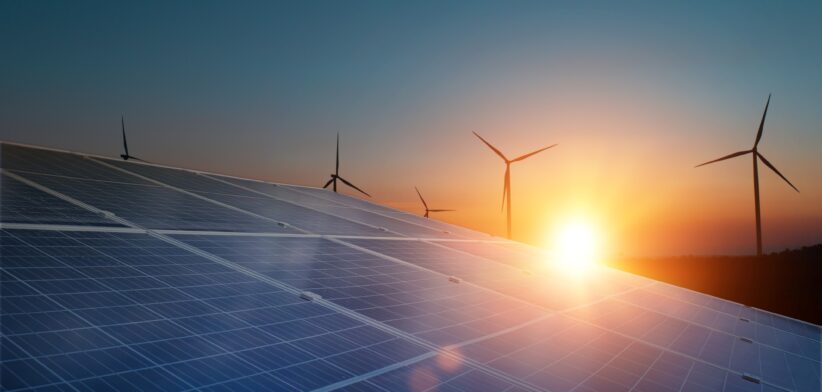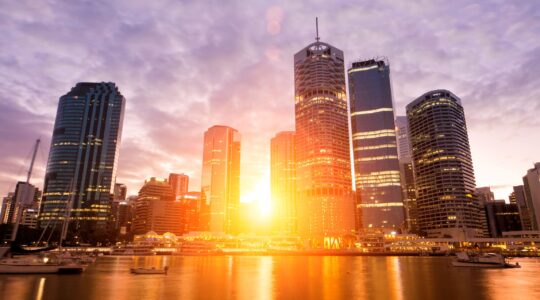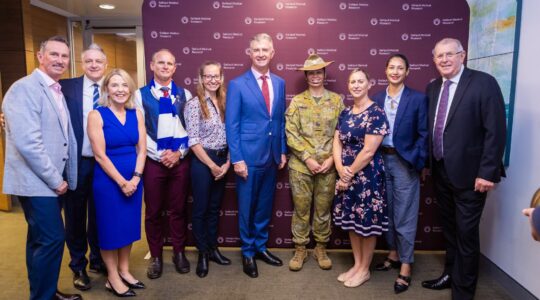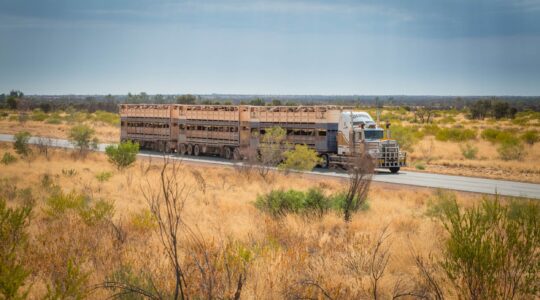Despite record investment in renewables, Australia needs to almost triple spending to remain on target for net-zero by 2050, while community groups call for that goal to be reached by 2035.
The Clean Energy Finance Council (CEFC) has reported, up to June 30, it committed a $4.7 billion, including a record $3.5 billion to renewable energy projects and grid infrastructure, which was 2.5 times more than the previous 12 months.
CEFC CEO Ian Learmonth said this period of momentum-building investment activity came as Australia’s 2030 renewable energy and emissions targets loomed and the impacts of climate change continued to be felt around the globe.
“In 2024 Australia ramped up investment in renewable energy, battery storage and electrified transport, however analysis reveals the scale of the challenge ahead (with) Australia needing to invest some US$59 billion (A$90 billion) every year between now and 2030, or 2.6 times current levels, to remain on target for net zero by 2050,” Mr Learmonth said.
He said even with the considerable investment run rate of the past decade, Australia required ongoing investment in renewables and long-duration storage, clean energy affordability for consumers and measures to cut emissions in “hard-to-abate” sectors, including land, the built environment and transport.
“This poses a once-in-a-generation challenge as well as an economic opportunity. Investment activity at this scale promises substantial economic and local employment benefits across Australia, strengthening our economy for a net zero future while making critical progress towards decarbonisation.”
The CEFC comments come as Australia’s community sector has called on the Federal Government to aim for net zero emissions by 2035.
ACOSS CEO Cassandra Goldie said 88 organisations had signed a statement saying that to protect people and the planet, global warming must be kept at 1.5C.
“To do our fair share as a country, the science argues Australia should aim to reduce emissions to net zero by 2035. Waiting until 2050 is too late,” Ms Goldie said.
“Our sector is seeing firsthand the severe toll climate change is taking on people’s mental and physical health, quality of life, housing and cost of living.”
She said people and communities experiencing disadvantage were impacted by climate change first, worse, and longest because they had access to fewer resources to cope, adapt and recover.
“While there will be some challenges, going slow on emission reduction will only cost the economy and society more and make poverty and inequality in Australia worse.”








